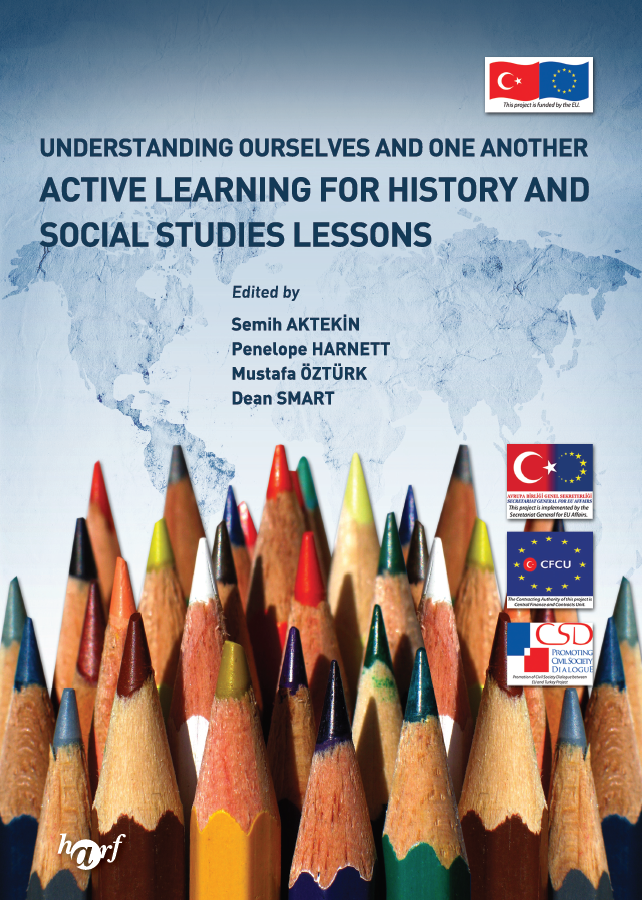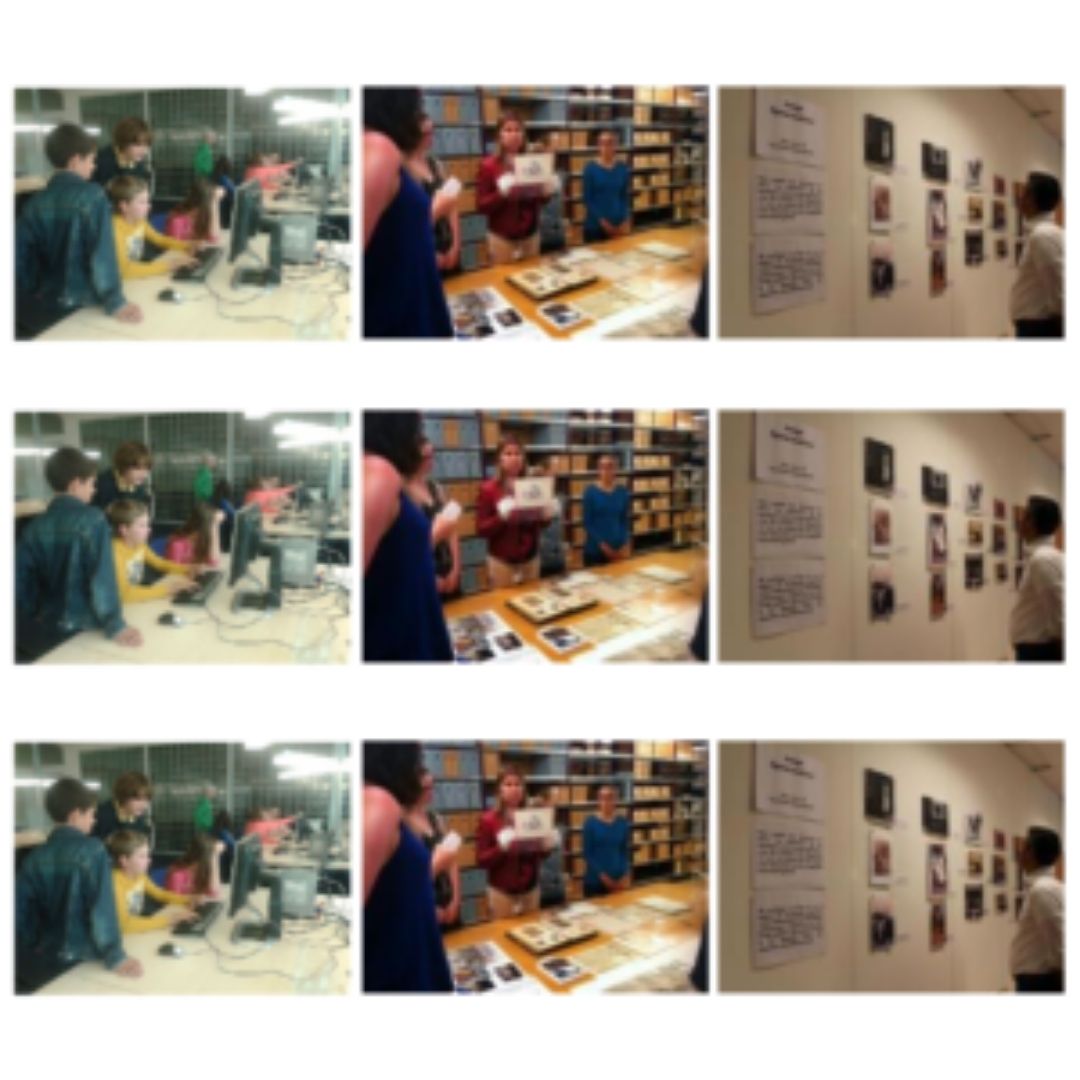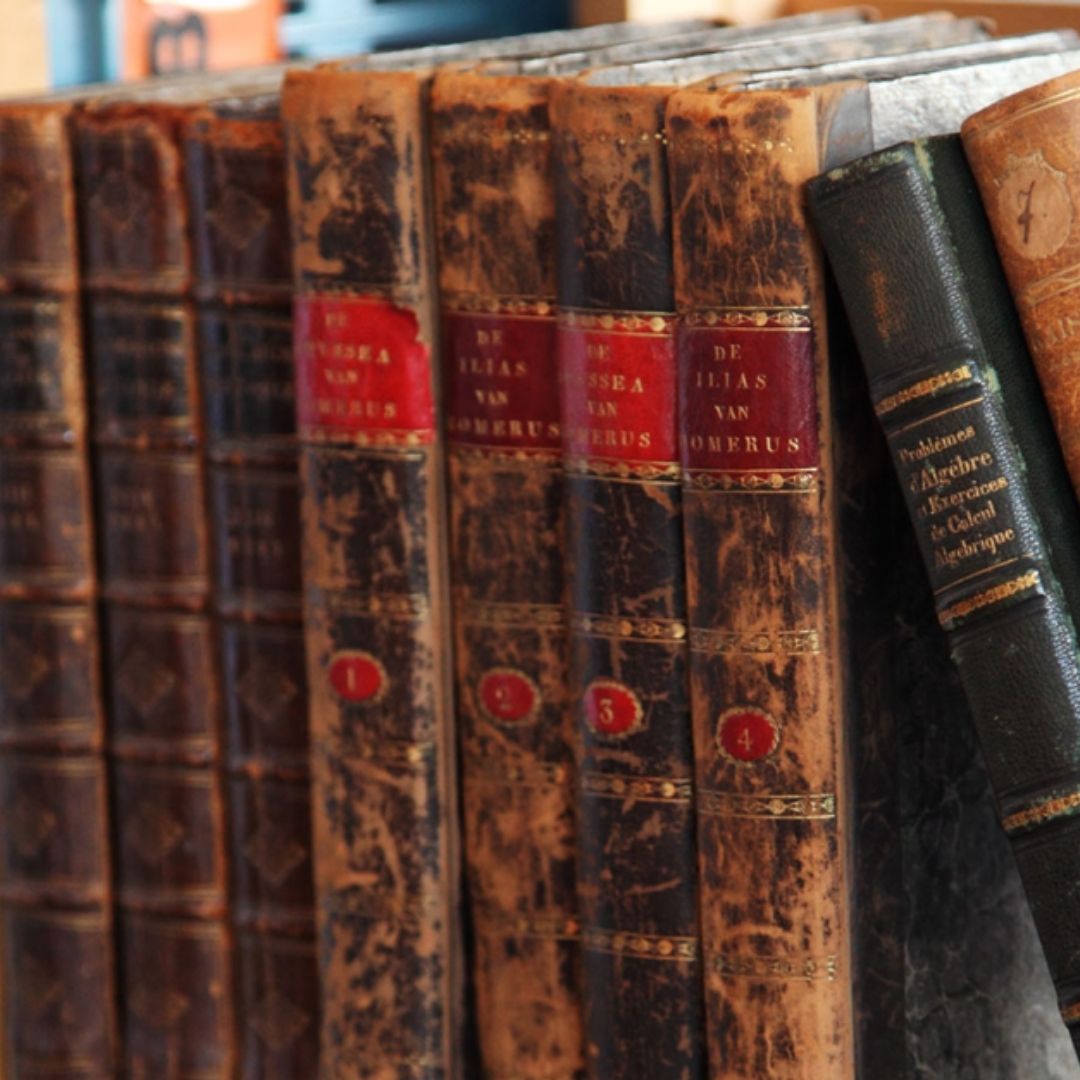This Study Guide was developed as part of the project Critical History: Adapting history education to the challenges of today’s digitized, globalized, and diverse societies in Europe. An Erasmus+ Project (2020-1-EE01-KA201-077997), the project was led by Tallinn University.
The Study Guide is aimed at students at teacher trainer colleges, as well as practicing history teachers. It contains four main chapters, each with accompanying teaching practices:
- Cultural heritage in history education (Dr. Mare Oja, Tallinn University)
- Public history and history education (Prof. Joanna Wojdon, Wroclaw University)
- Global perspectives of history education: global history, world history, big history, the anthropocene, and post-colonial history (Prof. Susanne Popp, Augsburg University)
- The role and influence of the internet in history education (Miljenko Hajdarović / EuroClio)
The Study Guide is available in English, Estonian, Polish, Spanish and German.

Active Learning for History and Social Studies Lessons
The book “Active Learning for History and Social Studies Lessons” [...]

Helsingor declaration

Finding the roots of your own past Making students familiar with migration history

The AVATAR method: historical empathy through imagination

“The textbook is man-made’. Using history textbooks for active learning, critical thinking and citizenship-building’





